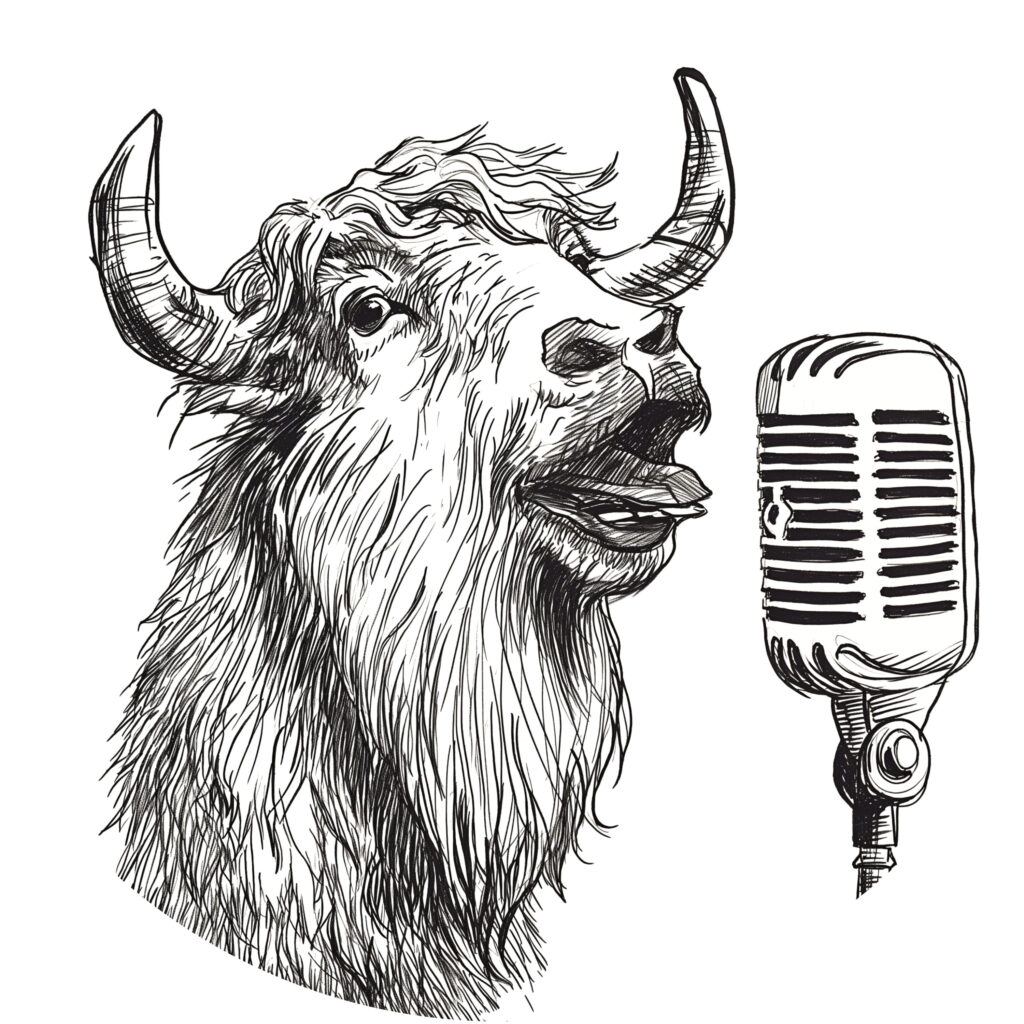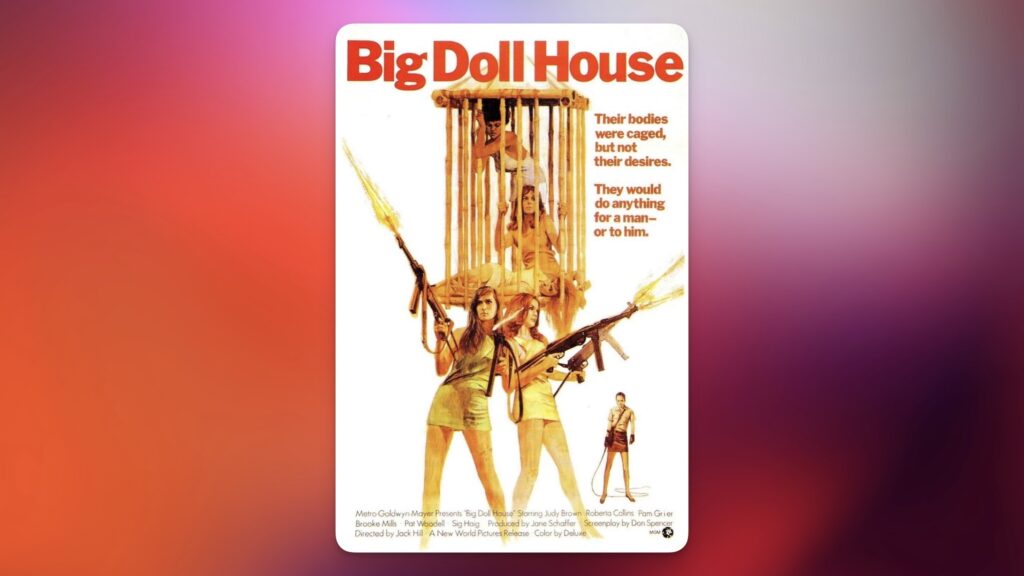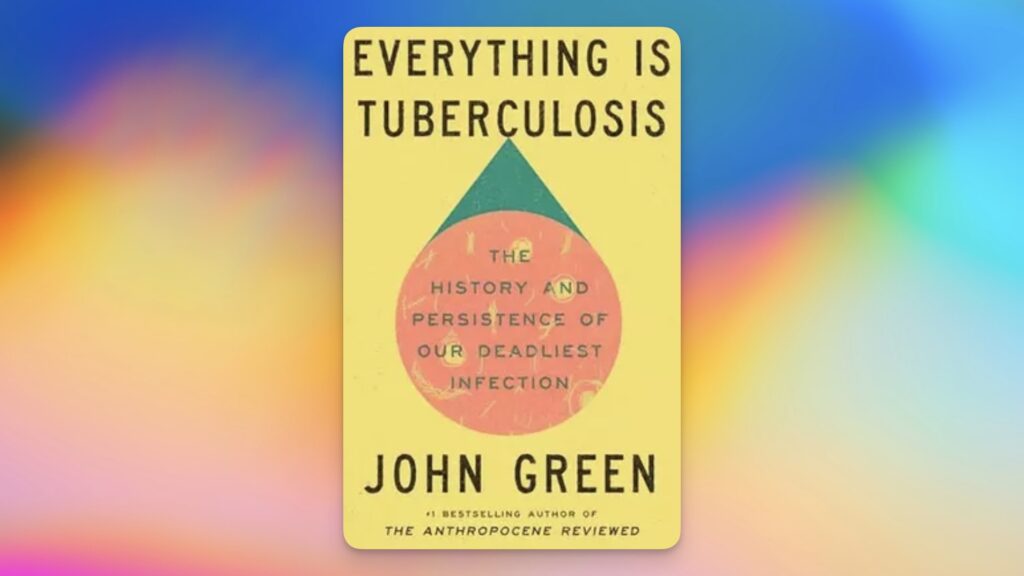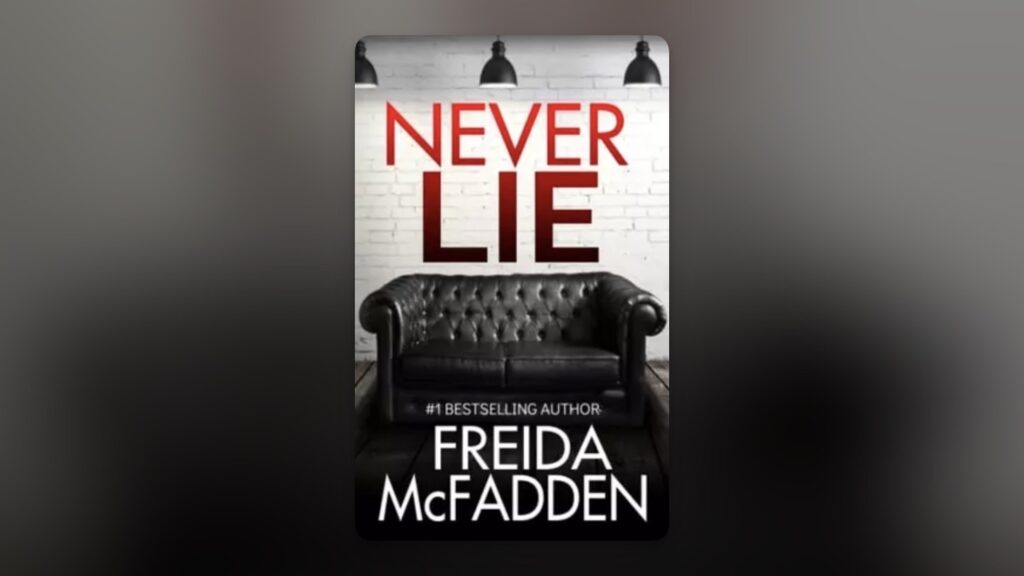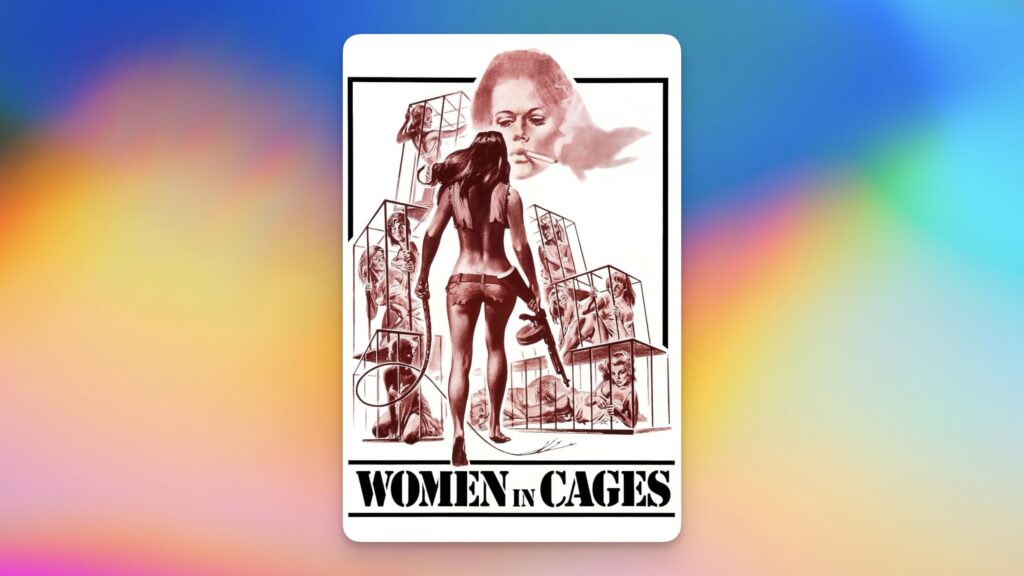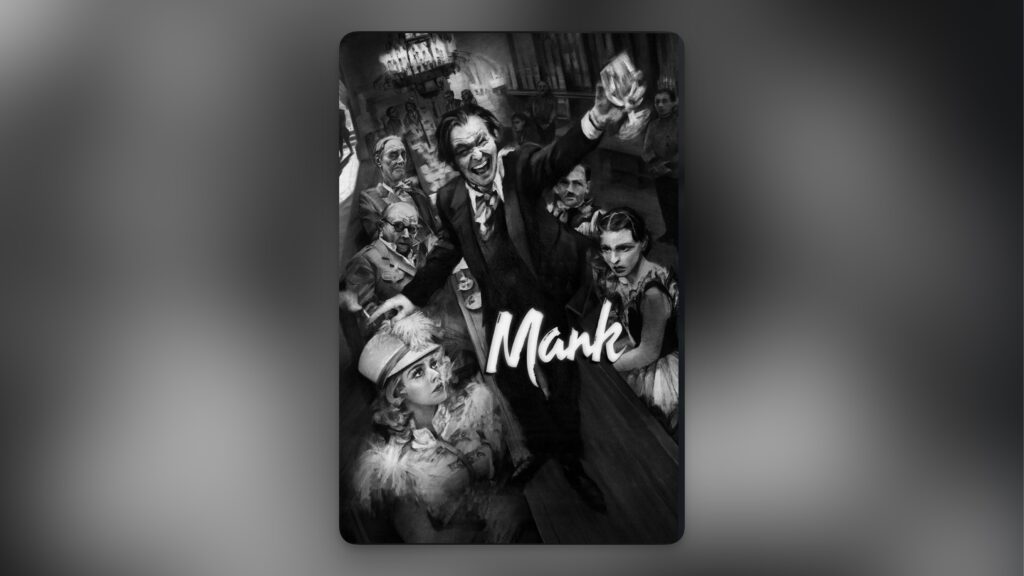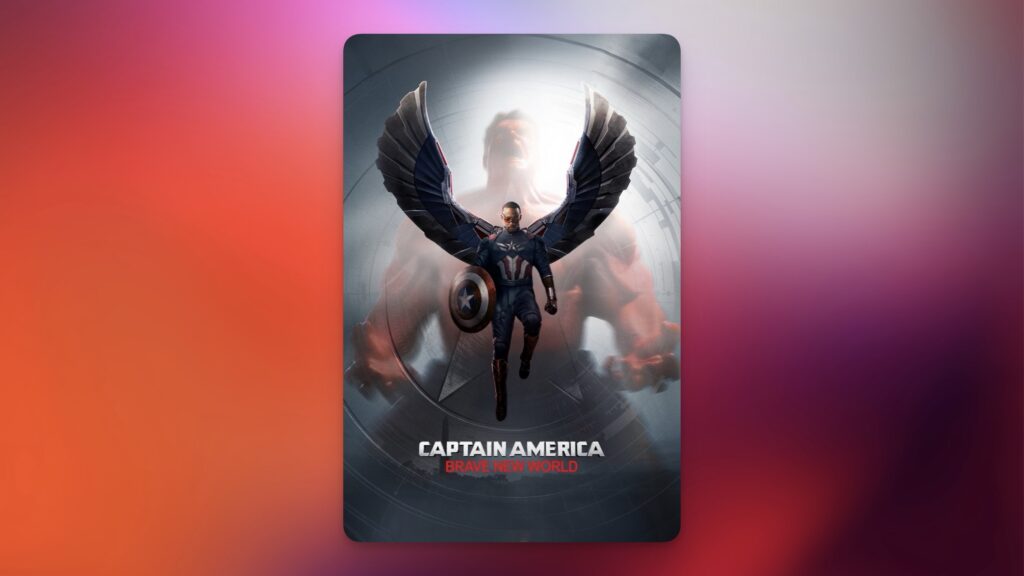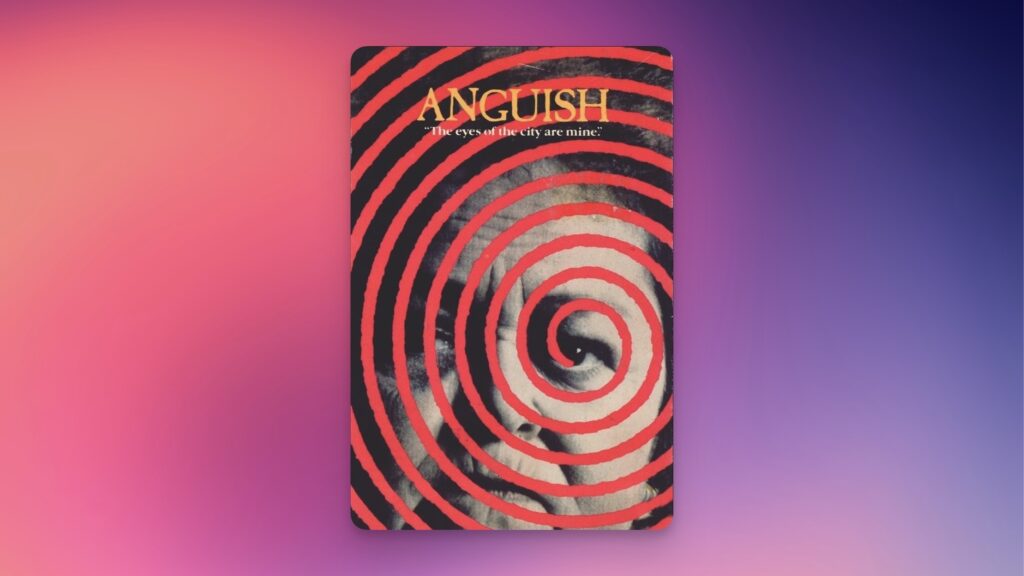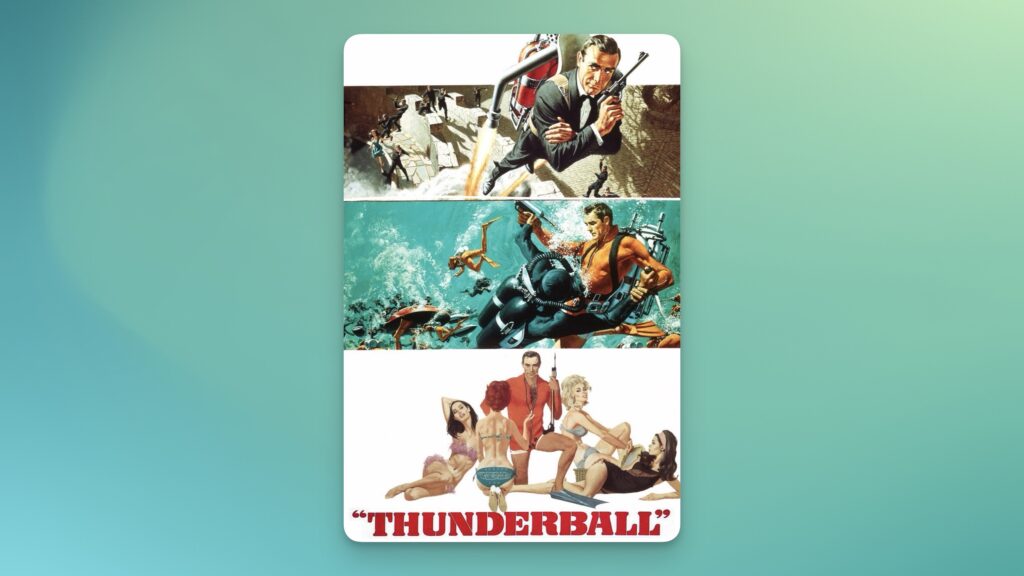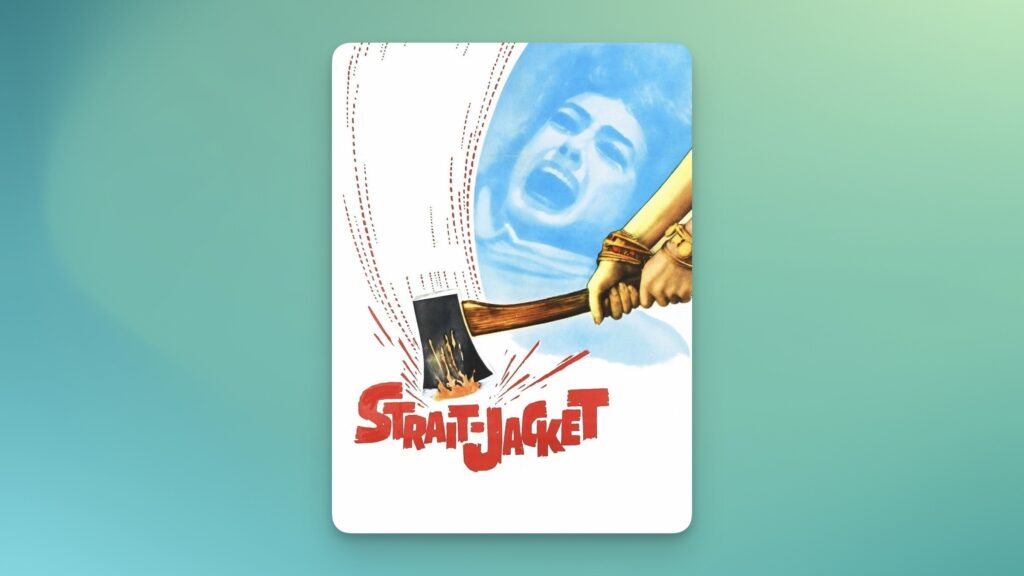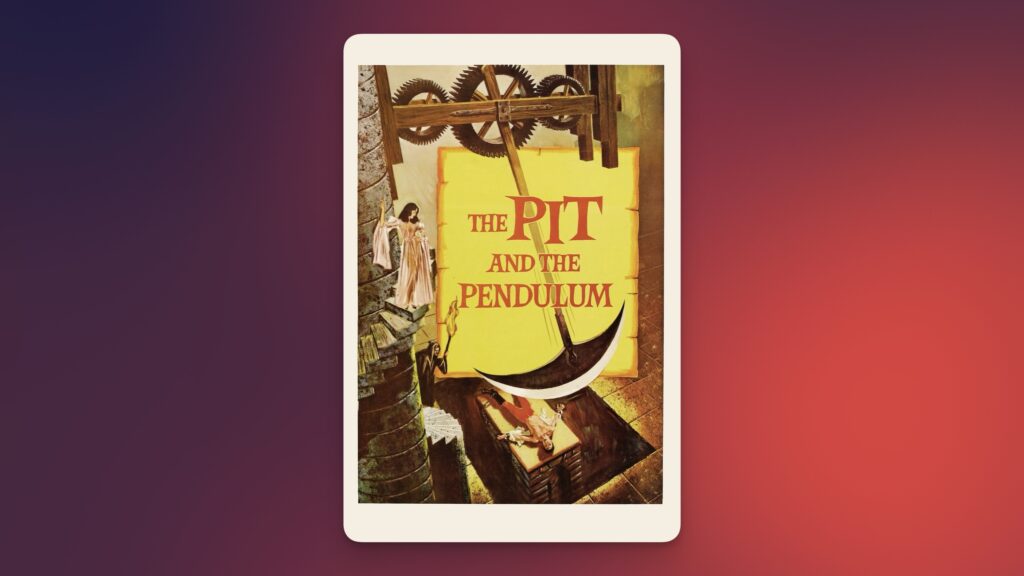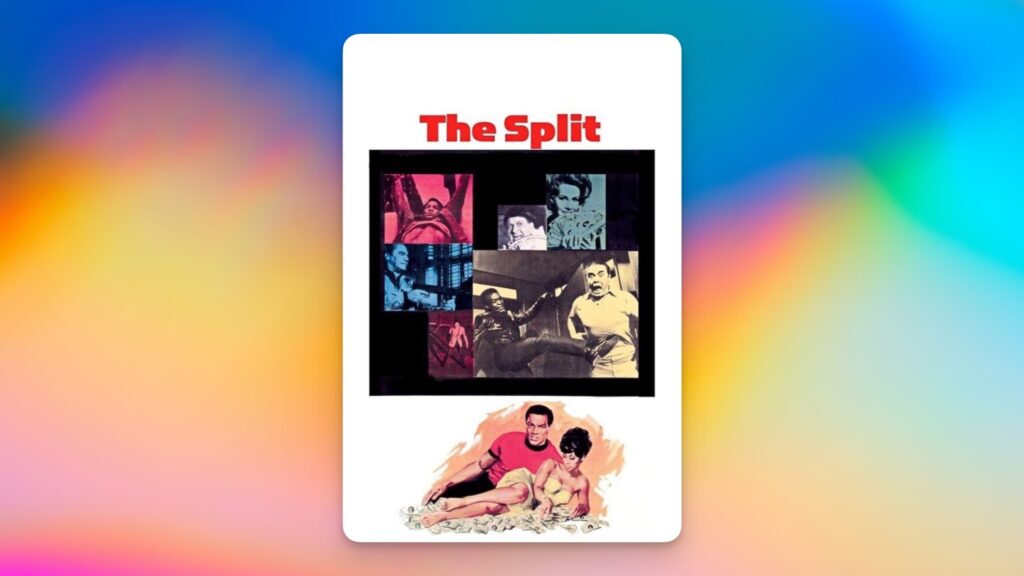I watched The Big Doll House not long after Women in Cages, and I don’t recommend that sequence unless you’re up for some healthy cinematic whiplash. Women in Cages is the kind of film that seems determined to grind you down alongside its characters—humorless, joyless, and shot through with a cruelty that leaves me not a little numb. The Big Doll House, somehow, doesn’t feel like that at all. It’s still got the sweat, the steel bars, and the sadism—but it moves with a sort of looseness, almost a wink. It knows what it is, and it isn’t sorry.
That clarity comes from Jack Hill. He’s not fighting the genre. He knows exactly what Corman needs him to deliver (bare skin, brutal guards, a big finish), and he delivers it. But he also finds space between the tropes to inject something more kinetic and aware. The camera is no-frills, stripped to the bone. You can practically hear someone off-screen telling them they have ten minutes before losing the light. There’s no indulgence here. Just quick setups, fast reversals, and compositions that are clean enough to do the job and rough enough to remind you they didn’t have the budget to care.
And yet—it works. The speed adds energy. The rawness adds grit. You get the sense the crew made this thing with sweat and tape and a slightly panicked sense of how fast this shoot had to go. That urgency bleeds into the movie in the best way.
Sid Haig plays Harry, a fruit vendor with a permanently sticky shirt and a face full of confusion, dragging his buddy Fred (Jerry Franks) into trouble they never fully understand. In a film about women resisting confinement, these two schlubby dudes are a perfect inversion: passive, aimless, and easily outmaneuvered. Haig, always a little feral around the edges, leans into the comic low status. It’s not just that they’re supporting characters—it’s that they’re at the mercy of the story in a way women in this genre rarely get to be. That reversal is subtle, but it registers. The prisoners have the power here, even if it’s temporary and hard-won.
This isn’t a Pam Grier movie, not yet, but you can feel the shift coming. She radiates control. Even in a secondary role, she’s magnetic—casual, confident, and entirely capable of stealing a scene without overselling it. But The Big Doll House isn’t built just around her. In fact, it’s not really built around anyone. It opens like a solo vehicle for Judy Brown’s Collier, the standard new fish in a sea of locked-up trouble. But that center doesn’t hold. Quickly, quietly, the film reveals itself as an ensemble story. These women—tough, ridiculous, bruised, defiant—start off clashing, then gradually align around a shared escape. They’re not heroes, exactly. But they’re in it together. That shift from individual arcs to collective action.
The plan works, mostly. The guards are overthrown, the truck rolls out, the sun’s up, and freedom is—well, not quite. Collier gets casually scooped up by a cop and tossed back toward her cell, muttering a punchline that lands like the last beat of a sitcom. It’s ridiculous. Maybe too ridiculous. But I laughed. And then I realized I didn’t feel cheated by it. I felt like the movie had pulled off a magic trick: getting me to care just enough, but not too much. It maintains the genre’s tension while releasing you with a grin. That takes control.
The Big Doll House doesn’t reinvent anything. It just does what it does better than a few others. It’s fast, cheap, dirty—and smart enough to know when to hit the gas and when to lean back.
